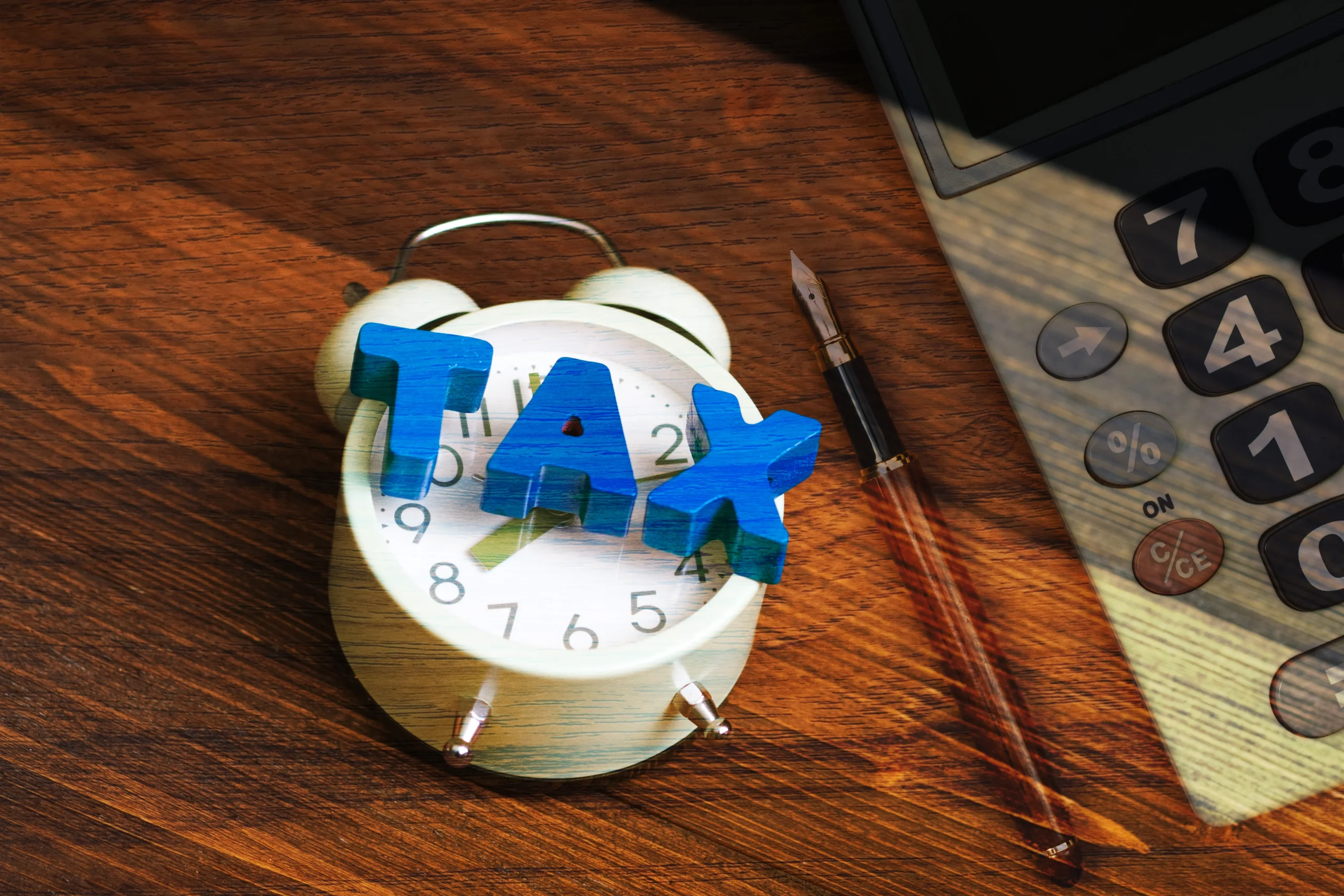Are you ready to grow up your business?
Tax Extension Guide
How to File a Tax Extension in Hartford, Your Guide to Filing with Confidence
Tax season can feel overwhelming, especially when life’s challenges cause delays in filing. If you need more time to complete your return, submitting a tax extension in Hartford may be the right solution. The IRS allows taxpayers to request an extension for a variety of reasons, giving you extra time to ensure your return is both accurate and complete. By filing a tax extension, you gain additional months to organize documents, review details, and prepare your return properly—helping you avoid errors and unnecessary stress. To give perspective, the IRS processed more than 164 million individual tax returns in 2022 and over 166 million in 2021, including those filed under extensions.


Be 100% Certain
Why should you file a tax extension?
It’s common to need extra time to gather documents or consult with a tax professional, and that’s where filing a tax extension in Hartford can help. Whether you’re an individual or a business owner, an extension gives you the breathing room you need to ensure your return is complete and accurate. While an extension does not postpone your tax payment deadline, it grants you an additional six months to submit your return. Without filing an extension, late returns can quickly lead to penalties. The IRS imposes a penalty of 5% per month on late filings, which can add up fast. By filing for an extension, you can avoid these penalties—as long as any taxes owed are paid by the original deadline.
Tax Process
Step-by-Step Process to File a Tax Extension in Hartford
Understand the time limit of tax expansion
Individual tax returns are usually due on April 15, but if it falls on a weekend or holiday, the deadline moves to the next business day—check the IRS calendar for updates.
Submit tax extension form (IRS Form 4868)
File IRS Form 4868 by the original deadline to get a six-month tax extension. You can e-file through IRS E-Files or mail it in—online filing is faster, reduces errors, and helps avoid tax penalties.
Pay estimated (if applied)
A tax extension in Hartford only delays filing, not payment. To avoid penalties and interest, pay your estimated taxes by the original deadline or consult a tax professional for accurate estimates based on your income, deductions, and credits.
Confirm your expansion with IRS
After filing your IRS tax extension, you’ll receive confirmation—usually within 24–48 hours if e-filed. Keep it as proof your extension was approved for future reference.
Complete your tax returns from new deadline
Once approved, your tax extension gives you until October 15 (six months) to file. Use this time for accuracy, but remember—payment is still due by the original deadline to avoid interest and penalties.

Be 100% Certain
Why Choose CT Tax Services for Filing Your Tax Extension?
CT Tax Services, we specialize in helping Hartford residents navigate the complexities of tax extensions, filings, and payments. We understand how crucial it is to file your tax extension accurately to avoid penalties. Our team of experienced tax professionals will guide you through every step, ensuring you meet all deadlines and stay compliant with IRS regulations. With decades of experience in handling tax extensions, we’ve built a reputation for trust, reliability, and customer satisfaction. Whether you need help filing a tax extension or need advice on estimated payments, CT Tax Services is here to provide the expert guidance.
Contact Us
Get A Free Consulation!
Fill out our quick form or give us a call to discuss your tax needs with one of our experts. We’ll review your situation and schedule a free consultation to help you find the best tax solutions for your individual or business needs.
Common Queries
Frequently Asked Questions
What is the deadline to file a tax extension in Hartford?
The deadline for submitting a tax extension is typically April 15. However, if this date falls on a weekend or holiday, the deadline will be the next business day. Make sure to file your tax extension form before this date to avoid penalties.
How do I file a tax extension online?
You can file a tax extension online by using the IRS e-file system. This option is fast, secure, and ensures that your extension is filed accurately and on time.
Can I file a tax extension if I don’t owe any taxes?
Yes, even if you don’t owe any taxes, you can still submit a tax extension to extend your filing deadline. However, if you owe taxes, it’s important to make an estimated payment by the original deadline to avoid penalties.
What happens if I don’t file a tax extension and miss the deadline?
If you don’t file a tax extension, the IRS imposes a 5% per month penalty on your outstanding balance for late filing. You could also be charged interest on any unpaid taxes.
Do I need to submit the IRS tax extension form if I’m expecting a refund?
If you expect a refund, you are not required to file an extension. However, submitting a tax extension gives you more time to gather any necessary documents and avoid any mistakes on your tax return.
Can I file a tax extension for my business in Hartford?
Yes, businesses and corporations can also file tax extensions. The process is similar to that of individual filers, but the filing deadlines may differ. Be sure to check the IRS deadlines for business taxes.
Do I need to submit the entire tax return with my extension form?
No, when you file a tax extension in Hartford, you only need to submit the tax extension form and an estimated payment if necessary. Your full tax return is due by the extended deadline.
How do I know if my tax extension has been approved?
After submitting your Internal Revenue Service extension form, you’ll receive confirmation from the IRS, typically within 24-48 hours if filed electronically. Keep this confirmation as proof.
What if I can’t pay my taxes by the deadline?
If you’re unable to pay your taxes by the original deadline, you may be eligible to request a payment plan with the IRS. However, penalties and interest will apply, so it’s best to pay as much as you can by the deadline.
Can CT Tax Services help with filing my tax extension?
Absolutely! At CT Tax Services, we offer comprehensive assistance with filing tax extensions and ensuring you stay compliant with IRS regulations. Our team can help you complete your tax extension form and ensure you meet all deadlines.
